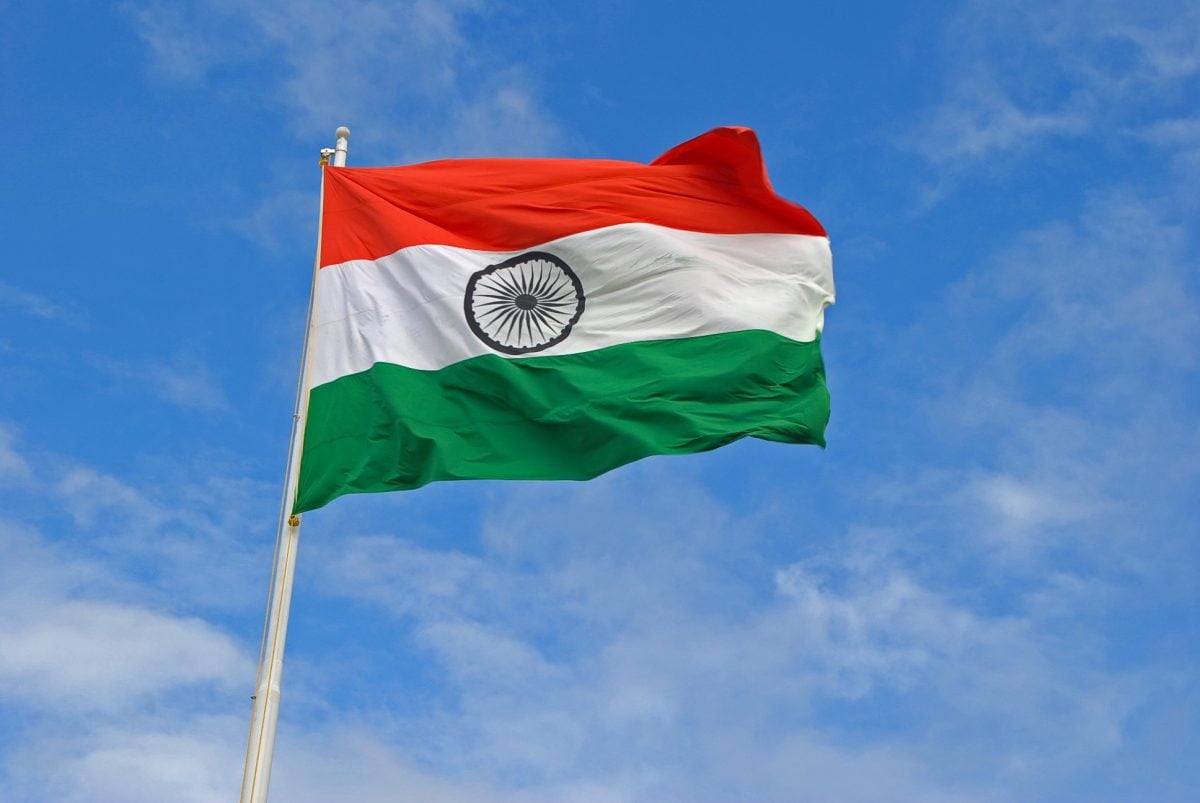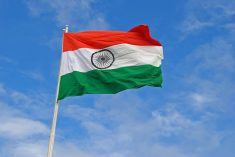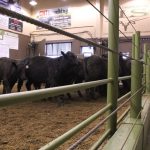Polls on genetically modified foods typically produce two findings.
One, most Canadians support labeling of GMO foods. Two, a large percentage of people think genetically modified foods are unsafe.
For instance:
• A 2012 Farmers Feed Cities survey found that only 41 percent of Canadians think GMO foods are safe for consumption
• An Insights West poll in 2014 determined that 50 percent of people in Alberta and 56 percent in British Columbia would support a ban on genetically modified foods in Canada.
• A 2013 Consumers’ Association of Canada poll found that 88 percent of Canadians think GMO labelling should be mandatory
Read Also

Canada appoints new envoy to India
Canada announced on Thursday it had appointed a new high commissioner, or ambassador, to India in the latest sign of improving ties between the two trading partners.
With those sort of results, politicians might commit to mandatory GMO labelling or restrictions on biotechnology in food production, even though the vast majority of scientists say GMOs are safe.
“People are concerned about a whole lot of things, for which there is no scientific reason,” said Andreas Boecker, a University of Guelph agricultural economics professor who studies consumers and food risk perception.
“You can think of the (political) parties in Canada, or the U.S., who have less traction with the farming community. For them it is very tempting to make this a topic in an election campaign.”
A number of Canadian farmers are concerned the NDP may implement mandatory GMO labelling if the party forms government following the Oct. 19 federal election.
Over the last few years, NDP members of Parliament have put forward private member bills calling for mandatory GMO labeling in Canada. This winter, party leader Tom Mulcair posed for a photo with Rachel Parent, anti-GMO campaigner and Ontario teenager who runs an organization called Kids Right to Know.
Francois Labelle, Manitoba Pulse and Soybean Growers executive director, said Canada’s ag industry needs to know where the NDP stands on GMOs.
“GM crops, we can argue pro or con, but it’s a part of our fabric today,” he said.
“A number of the national (ag) organizations have made a comment saying this is something that needs to be clarified…. Is this really the (NDP) policy? Or is it just the policy of the day?”
Boecker, who is originally from Germany, said evidence from Europe demonstrates that GMO labels do influence consumer choices.
“The mandatory labeling (in Europe) has put the anti-GM campaigners in a very strong position because they can now launch ‘name and shame’ campaigns against (food) manufacturers who use GM products,” he said.
“Every branded manufacturer is scared to (employ a GM label) because they would lose market share immediately…. In North America, this could happen here too.”
Canadian farmers and agriculture industry representatives have said labelling is unnecessary because dozens of studies demonstrate that GMOs are safe for consumption.
Boecker said farmers should engage Canadians and biotechnology skeptics.
“I think simply blocking (GMO labelling) would be the wrong approach,” he said. “Show true concerns for the fears of consumers and don’t dismiss them as completely unrealistic. At least, listen…. Work for a more knowledge based solution.”
Mike Pasztor, who farms in Norfolk County, Ont., said some farmers do support GMO labelling but few producers trust the intentions of biotechnology activists.
“I believe in GMO labelling,” he said. “(But) this is not about labelling and not about consumer awareness or transparency, it’s about scare mongering and getting the public to fear the product.”
He would like to see an informative label, which provides useful information to consumers.
“I think it’s only a matter of time before it happens,” he said. “I think the farm community… needs to be a little more proactive in coming up with a truthful and a educated label.”
Boecker agreed a simplistic label doesn’t provide value to consumers. As well, he wonders why activists obsess over GMO labels and ignore other agricultural practices.
“The one example I like to use is that in chocolate and cocoa production, a lot of slave labour, children, are used,” he said. “Shouldn’t that be a much stronger concern for consumers in the Western World? Should products be labelled whether they (were produced) by slave labour?”
What is the NDP position on labelling GMO foods?
In 2014 the NDP released its national food strategy, called Everybody Eats. Page 11 of the 13 page document explains the party’s position on food labelling:
• Develop clear, accurate and consistent labeling regarding animal treatment in food production.
• Ensure clear, accurate and verifiable labeling on the origin of food and food products.
• Develop clear, accurate and verifiable labeling for products that have undergone genetic modification.
(Source: NDP)
Contact robert.arnason@producer.com

















